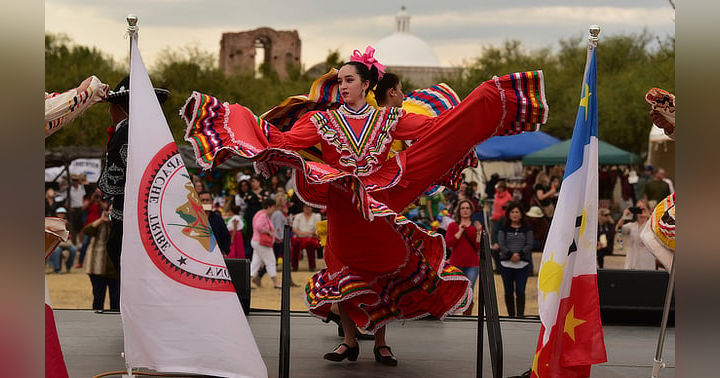Black Women Won This Election

One of the most anticipated elections of the twenty-first century has concluded with the momentous election of the first Black and South Asian woman as Vice President. For that, we have Black women to thank.
“Black women have long been the strength of the Democratic party,” says Waikinya Clanton, Senior Advisor to the Chairman of the Democratic National Committee. One of Waikinya’s key accomplishments at the DNC was the creation of the committee’s signature Black women engagement program, Seat at the Table. However, in a recent episode of The Minority Leaders, Clanton acknowledges the distrust that Black women feel towards the Democratic Party. “The momentum was fading,” Clanton remarks. “We were losing a very significant part of our infrastructure and that was the support of Black women.”
This is a commonly shared sentiment among African American women. Despite being an unappreciated electorate, Black people are “the most consistent and reliable voters for Democrats”, remarks Patrisse Cullors, co-founder of the Black Lives Matter movement and co-author of When They Call You a Terrorist: A Black Lives Matter Memoir. Black people, and particularly Black women, continue to bear the burden of the Democratic party’s survival–– without the surge of Democratic votes from Black women in the 2020 election, historically red states like Georgia and swing-states like Pennsylvania would remain red. The Philadelphia Inquirer reports that the number of eligible Black voters totaled a record 30 million for the 2020 election, and about one-third of them live in battleground states like Pennsylvania and Georgia.
In 2016, CNN exit polls reported 94% of Black women voted for Hillary Clinton, with only 43% of white women doing the same. This trend has continued as seen in 2020 polling surveys; out of the 110,000 individuals polled throughout the country, AP VoteCast reports that 93% of Black women and only 46% of white women voted for Biden in the 2020 election. Even within the Black community, Black women voted for Biden with a 6% margin compared to Black men, 87% of whom casted a vote for President -elect Biden and Vice President Harris.
Women of color–– particularly Black women–– are not only showing up to the polls, but showing up in their communities. According to a Washington Post report, in 2016, 22% of eligible voters in Georgia were not registered to vote. That figure has decreased significantly, standing now at only 2% of unregistered eligible voters. This monumental surge in registered voters can be attributed to former gubernatorial candidate Stacey Abrams’s signature program, Fair Fight, an initiative that aims to promote fair elections through voting rights education and voter registration outreach programming. Initially created to fight aggressive voter suppression that emerged out of the 2018 midterm elections, Abrams’s program has grown significantly with the 2020 elections. Despite the Democrats’ presidential victory, Senate control remains contested between Republicans and Democrats. Fair Fight has raised $6 million in contributions for Georgia’s January 5 Senate runoff elections, the results of which will determine party control of the Senate.
Similar to Abrams’ Fair Fight initiative is Black Voters Matter, an organization co-founded by LaTosha Brown in 2016 that seeks to increase the power of marginalized, predominantly Black communities at the polls. Brown’s signature program has mobilized Black voters around the country through a bus tour, reaching states with notoriously restrictive voting laws, like Alabama, Mississippi, and Georgia. Democrats’ success in Alabama’s 2017 senatorial election, where 98% of Black women helped elect the state’s first Democrat to the Senate, proved what the organization’s name insists: Black voters do matter. This is especially apparent in the 2020 elections, where more than 90% of Black women voted for the Biden-Harris ticket, the highest percentage of any racial group. In choosing California Senator Kamala Harris as his running mate, Biden amplified the identities of HBCU alumni, Divine 9 sorors, South Asians, and many more. His decision demonstrated to America that the representation of Black women in the highest levels of government is not only welcomed but long overdue.
In Congress, Cori Bush has emerged as the first Black woman to represent the state of Missouri. Her win by sixty percentage points is a remarkable example of Black women leading their own communities in galvanizing numbers. Bush’s district includes the city of Ferguson, where eighteen-year-old Michael Brown was killed by the police. Brown’s death catalyzed Bush’s interest in running for office–– it became evident that, through this fateful event, America needed more than thoughts and prayers. Bush’s story is similarly felt by many of this nation’s Black women–– a call to action –– and the outcome of this election confirms that Black women are here to stay, and here to fight.










